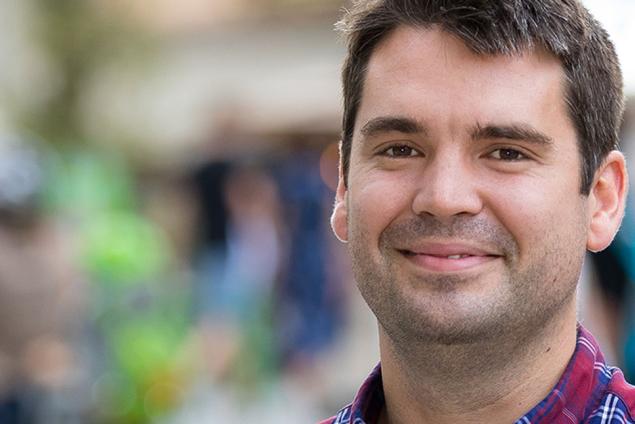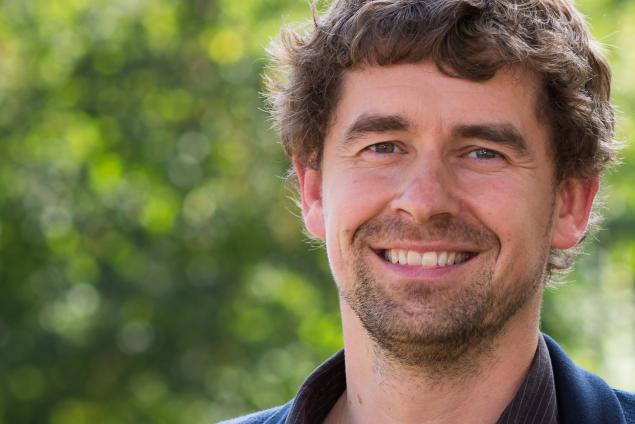Scroll to Section:
Modern humans colonized the whole planet and replaced all other hominids, such as Neanderthals. This evolvement raises interesting evolutionary questions concerning both species. The paleoanthropological research presented in this video looks at a moment in time when both co-existed. In order to find out about the differences between them, JEAN-JACQUES HUBLIN looks at both species’ use of technology, behavior, and social organization using molecular screening techniques and archeological research. While it has often been argued that the replacement of Neanderthals by the modern human occurred due to the modern human’s strong evolutionary superiority, this research counters that precisely because they once co-existed, Neanderthals must be more complex than previously assumed.
DOI:
https://doi.org/10.21036/LTPUB10306
Institution
Max Planck Institute for Evolutionary Anthropology
The Max Planck Institute for Evolutionary Anthropology was founded in 1997. The institute's aim is to investigate the history of humankind with the help of comparative analyses of different genes, cultures, cognitive abilities, languages and social systems of past and present human populations as well as those of primates closely related to human beings.
Original publication
The Modern Human Colonization of Western Eurasia: When and Where?
Quaternary Science Reviews
Published in 2015
Reading recommendations
Palaeoproteomic Evidence Identifies Archaic Hominins Associated with the Châtelperronian at the Grotte du Renne
Proceedings of the National Academy of Sciences
Published in 2016
The Origin of Neandertals
Proceedings of the National Academy of Sciences
Published in 2009
Radiocarbon Dates from the Grotte du Renne and Saint-Césaire Support a Neandertal Origin for the Châtelperronian
Proceedings of the National Academy of Sciences
Published in 2012
How to Build a Neandertal
Science
Published in 2014
The Complete Genome Sequence of a Neanderthal from the Altai Mountains
Nature
Published in 2014
The Human Career: Human Biological and Cultural Origins
Published in 2009Beyond
A Ground-breaking Scientific Revolution
An Alarming Challenge for Society
If I Had a Second Life
A Personal Reading Recommendation







